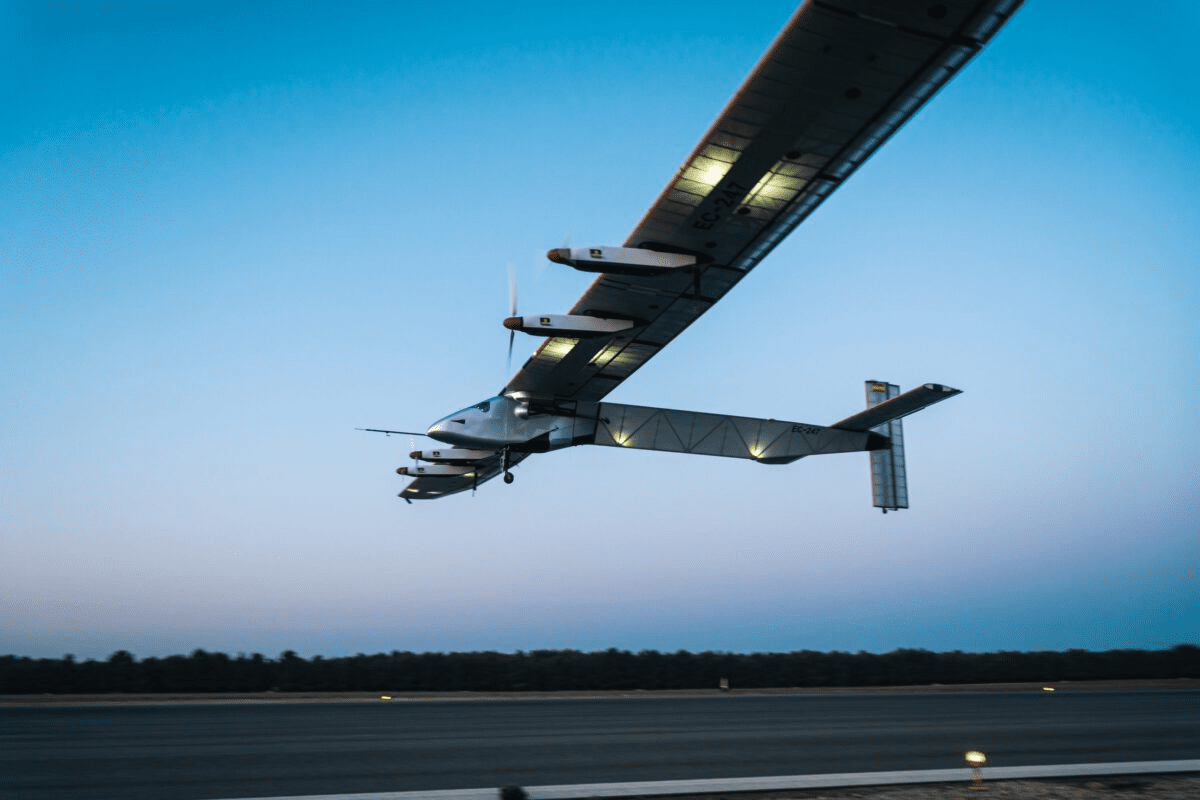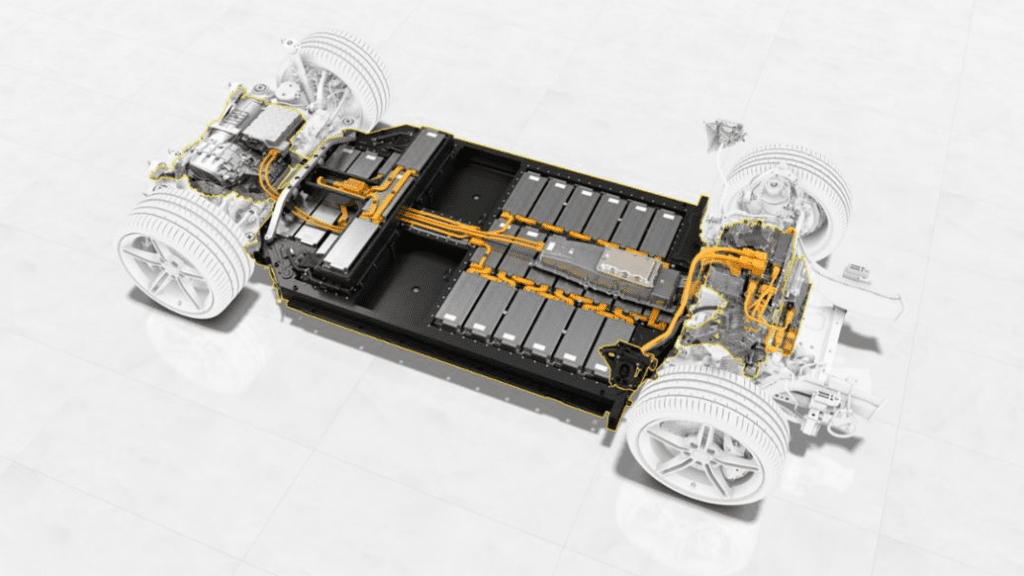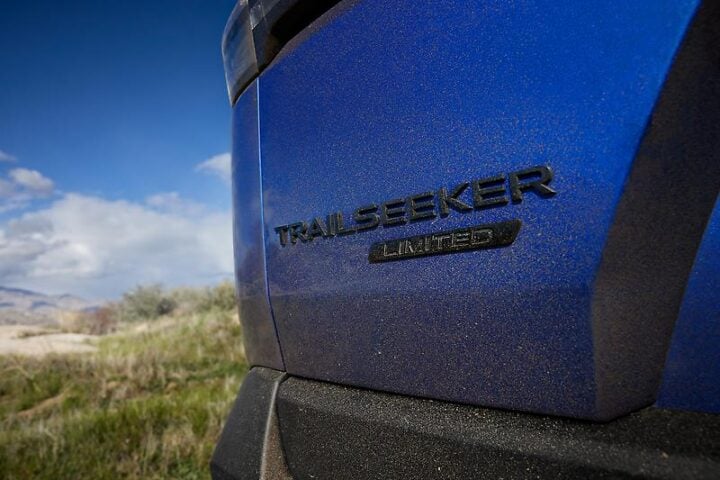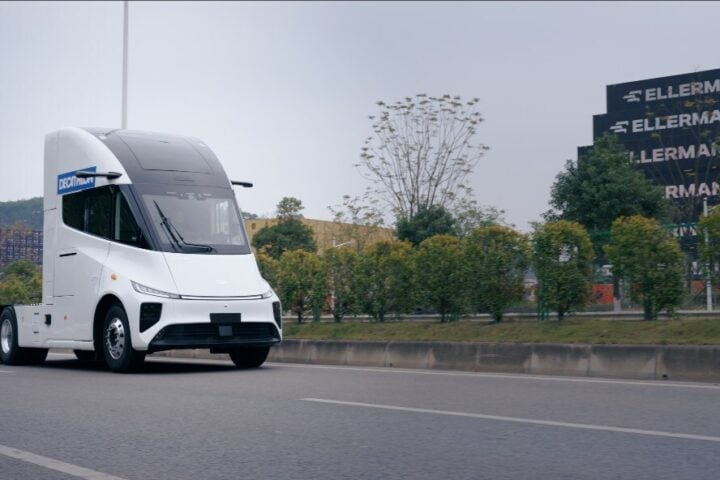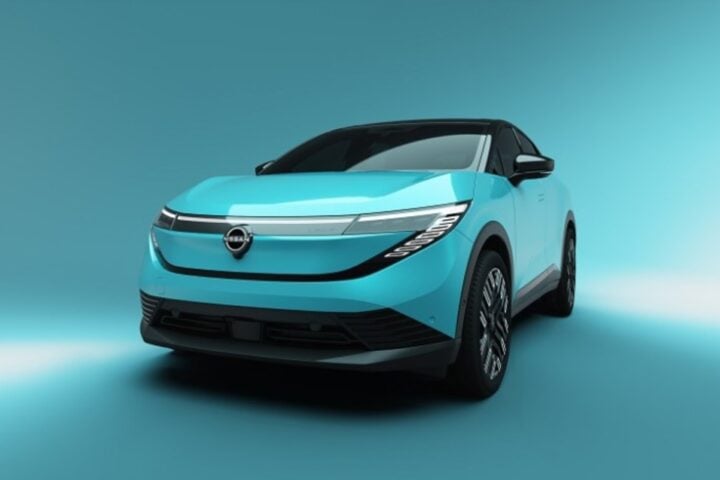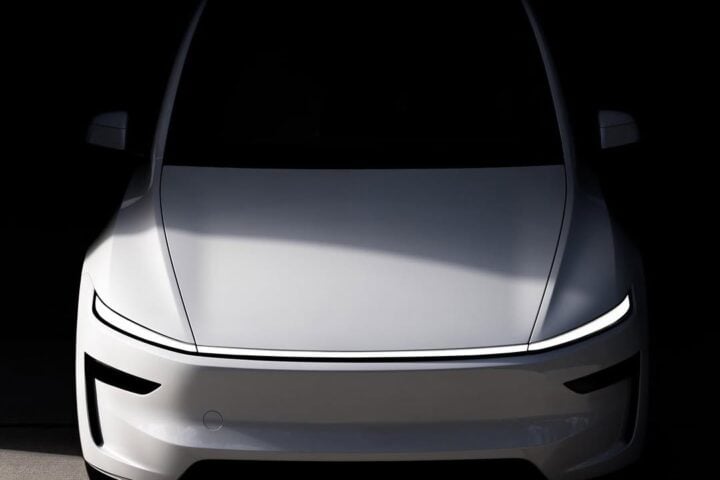The Skydweller Aero has successfully conducted the first fully autonomous flights of a solar-powered, heavy-payload, long-endurance, unscrewed aircraft. Skydweller Aero acquired the Solar Impulse 2 in 2019, following its completion of a piloted circumnavigation of the world on solar power.
By connecting flight-control computers to the existing mechanical controls, the Solar Impulse 2 was initially converted into an optionally piloted aircraft. The aircraft, remotely piloted with three-dimensional guidance from the ground, demonstrated flight tests at Albacete Air Base in Spain.
As explained by Skydweller CEO Robert Miller, the development of a full-authority, fully redundant autonomous flight control system was required for the aircraft’s month-long endurance capability.
An experimental airworthiness certificate was awarded to the aircraft by the Spanish aviation regulator AESA after it was upgraded with a human-rated fly-by-wire system. Although a safety pilot was on board, the aircraft was flown autonomously from takeoff to landing without pilot input in the initial validation flight tests.
Using the redundant autonomous flight control system and a remote pilot for ground testing, Skydweller can now operate the aircraft in three modes. After further software qualification and envelope expansion, the pilot is to be removed by Skydweller. Given its proven history and successful transformation into an autonomous platform, Miller states that Skydweller can now demonstrate the aircraft’s operational utility.
Utilizing its proprietary fly-by-wire actuation control system, Skydweller Aero Inc. has announced the successful completion of the first autonomous flight test demonstrations. The integration of full-authority autonomous control capability and the valuation of the transmission from mechanical to human-rate fly-by-wire actuation have been announced.
Reducing technical risk and accelerating Skydweller’s time-to-market, the high-reliability redundant flight control architecture is validated by flight tests. The collective experience of the team in designing and developing advanced autonomous platforms is the basis for the approach and speed of execution by Skydweller.
Similar Post
Thanks to the successful transformation from a piloted aircraft to an autonomous platform, the aircraft’s operational utility can now be demonstrated by Skydweller. The US Navy, Southern Command, and African Command have contracted Skydweller for flight operations over the Caribbean under a Joint Concept Technology Demonstration.
There are security missions over several islands in the Dutch and French territories planned for the aircraft. The Skydweller has signed a memorandum of understanding with the Luxembourg and French governments. The Skydweller plans changes to improve the performance of the production aircraft, including weight reduction and the use of new solar cells.
The Skydweller’s will leverage the unique technical characteristics and design implementation of the aircraft’s autonomous vehicle management system to operate the aircraft 365 days a year across a wide range of latitudes, from Miami in the north to Rio de Janeiro in the south.
